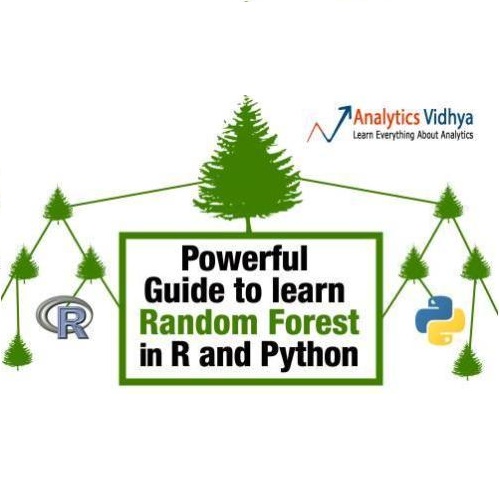In many longitudinal studies, the covariate and response are often intermittently observed at irregular, mismatched and subject-specific times. How to deal with such data when covariate and response are observed asynchronously is an often raised problem. Bayesian Additive Regression Trees(BART) is a Bayesian non-Parametric approach which has been shown to be competitive with the best modern predictive methods such as random forest and boosted decision trees. The sum of trees structure combined with a Bayesian inferential framework provide a accurate and robust statistic method. BART variant soft Bayesian Additive Regression Trees(SBART) constructed using randomized decision trees was developed and substantial theoretical and practical benefits were shown. In this paper, we propose a weighted SBART model solution for asynchronous longitudinal data. In comparison to other methods, the current methods are valid under with little assumptions on the covariate process. Extensive simulation studies provide numerical support for this solution. And data from an HIV study is used to illustrate our methodology
翻译:在许多纵向研究中,经常在不规则、不匹配和特定主题的特定时间间歇地观测到共变和反应,在出现共变和反应时如何处理这类数据经常是一个问题。Bayesian Additive Recrestition 树(BART)是一种巴伊西亚非光学方法,它与随机森林和振动决策树等最佳现代预测方法相比具有竞争力。树木结构与巴伊西亚推论框架相结合的总和提供了准确和有力的统计方法。BART软变体Bayesian Additive Regress 树(SBART)是利用随机决定树建造的,并展示了实质性的理论和实际效益。在本文件中,我们提出了一种加权的SBART模型解决方案,用于无源长纵向数据。与其他方法相比,目前的方法在对共变法过程几乎没有多少假设的情况下是有效的。广泛的模拟研究为这一解决方案提供了数字支持。从艾滋病毒研究获得的数据被用来说明我们的方法。


